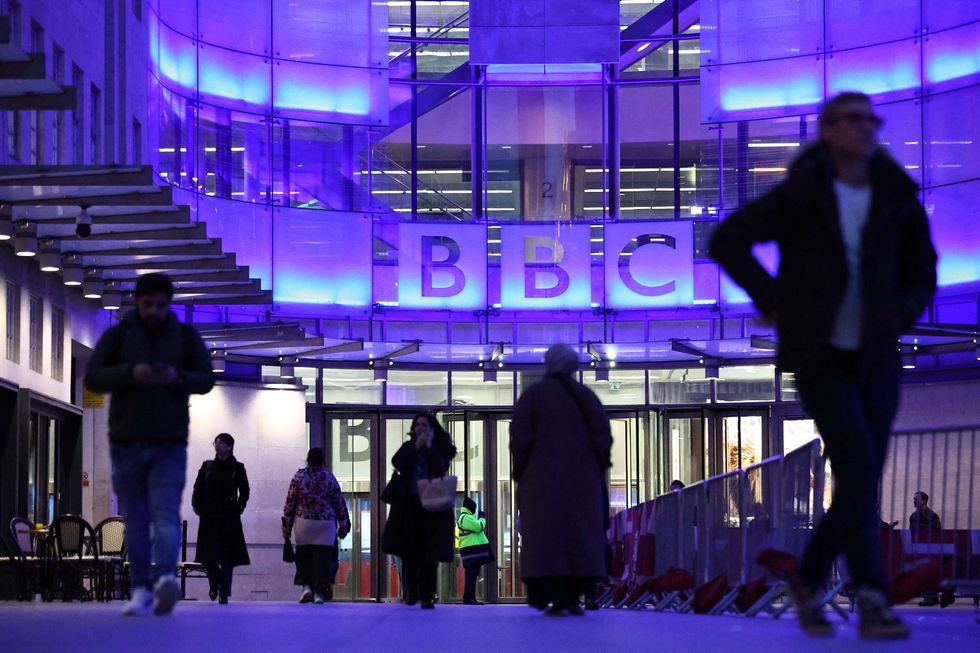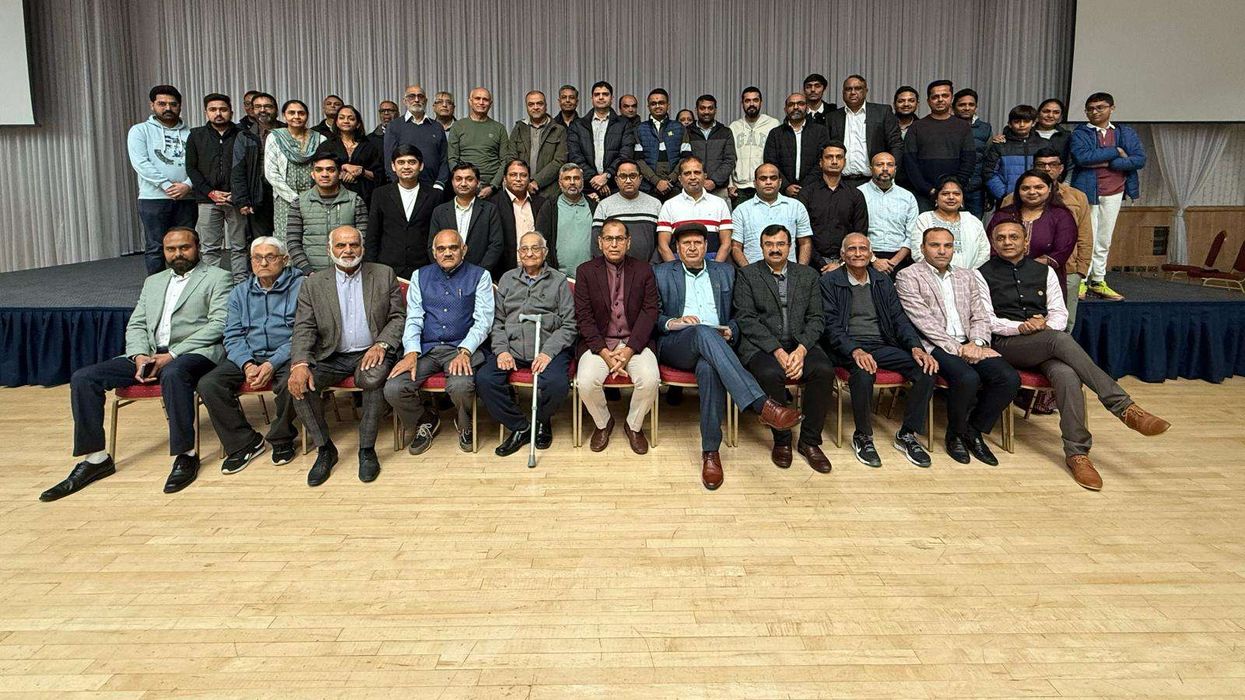By Amit Roy
THE author and MP Shashi Tharoor is among the Indians who allege Winston Churchill was responsible for aggravating the effects of the Bengal Famine of 1943 in which up to four million people died. In fact, he said this during his now famous Oxford Union address.
This week, the case for the defence has been argued by another author, Zareer Masani, in The Critic, “Britain’s new monthly magazine for politics, ideas, art, literature and more”.
Masani says: “A favourite trope of the current Black Lives Madness and its left-liberal white apologists has been the alleged infamy of Britain’s most cherished hero, Winston Churchill, charged with everything from mere racism to actual genocide. The worst accusation is that of deliberately starving four million Bengalis to death in the famine of 1943.
“The famine took place at the height of World War Two, with the Japanese already occupying Burma and invading the British Indian province of Bengal, bombing its capital, Calcutta, and patrolling its coast with submarines.”
He adds: “The actual evidence shows that Churchill believed, based on the information he had been getting, that there was no food supply shortage in Bengal, but a demand problem caused by local mismanagement of the distribution system.”
Zareer insists Churchill’s abusive comments about Gandhi, Indians and Bengalis need to be seen in “context” and that he had a “penchant for making outrageous comments that he didn’t really mean”.
As they say in court reporting, “the trial continues”. A decision is not expected for another 100 years.





 Crowds storm the US Capitol after the rally
Crowds storm the US Capitol after the rally The BBC office in London
The BBC office in London






